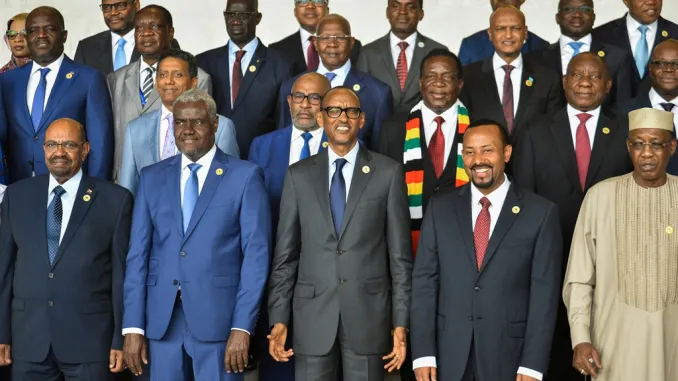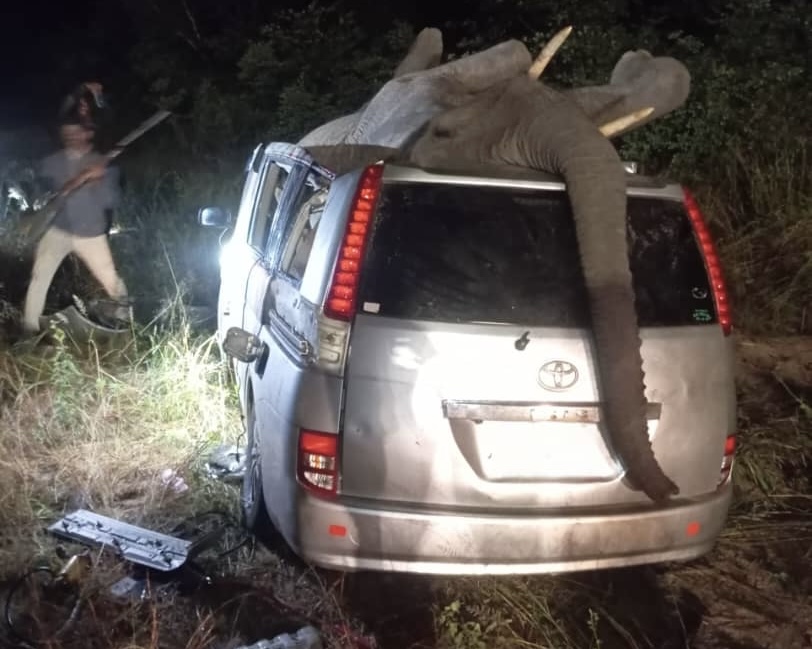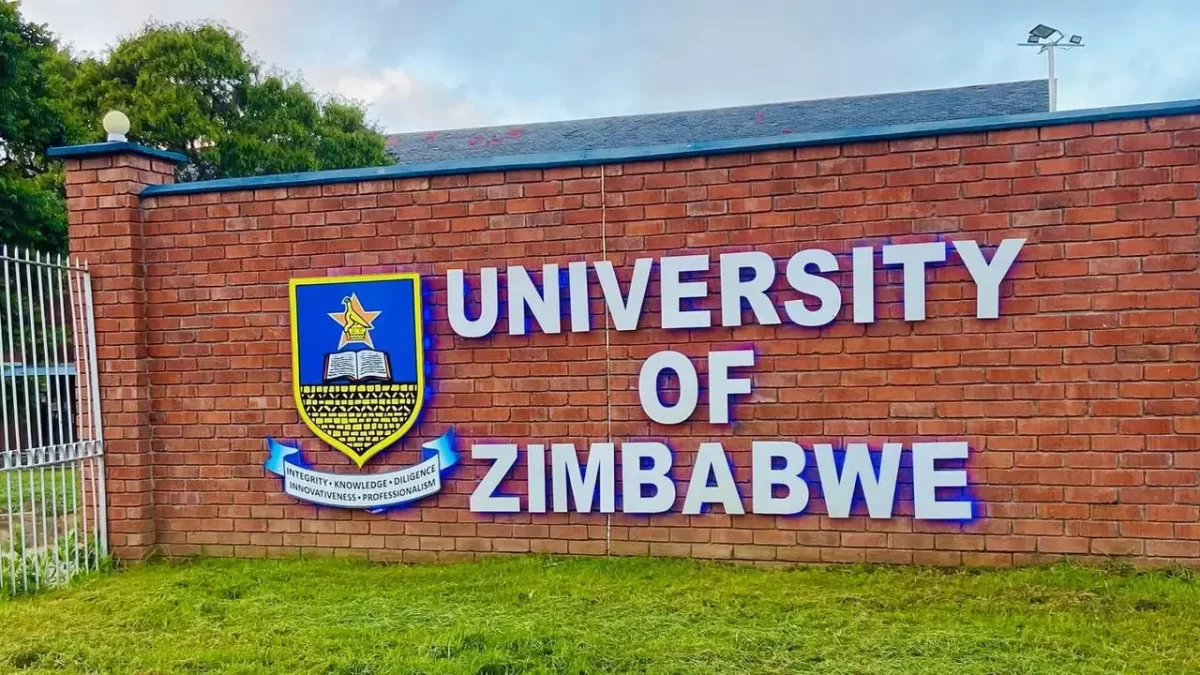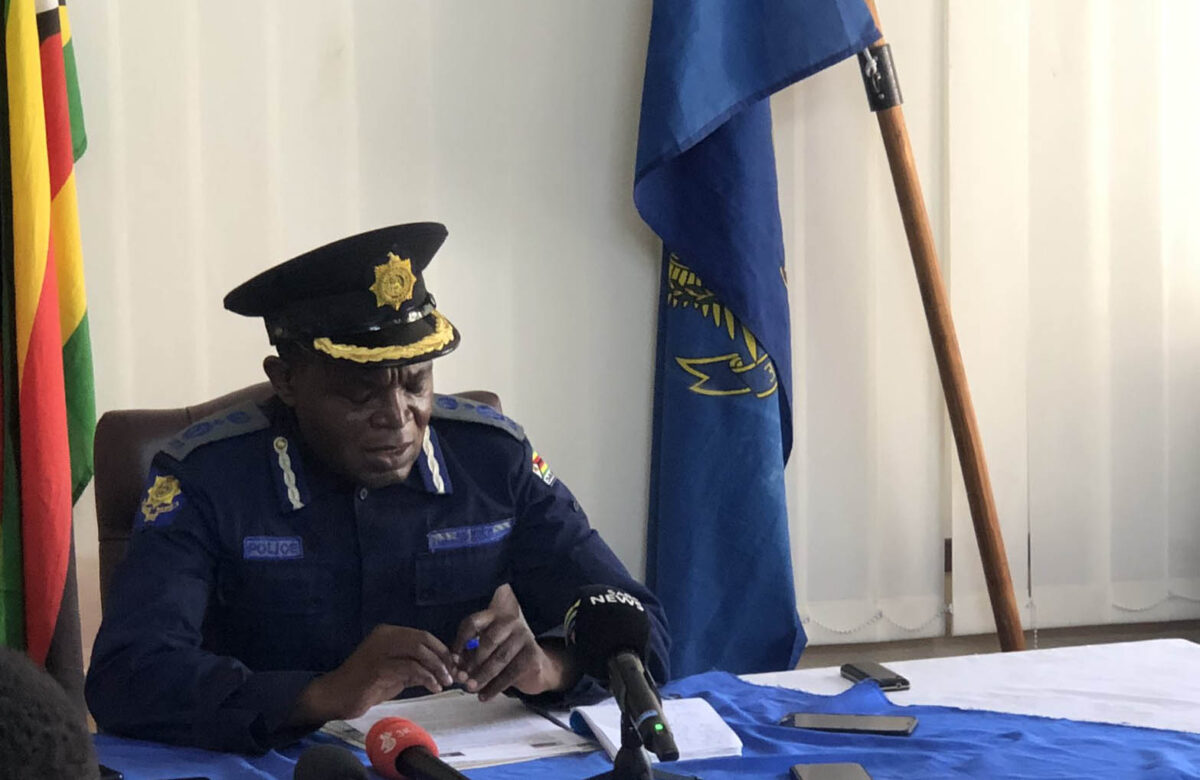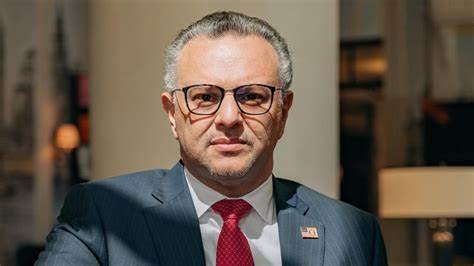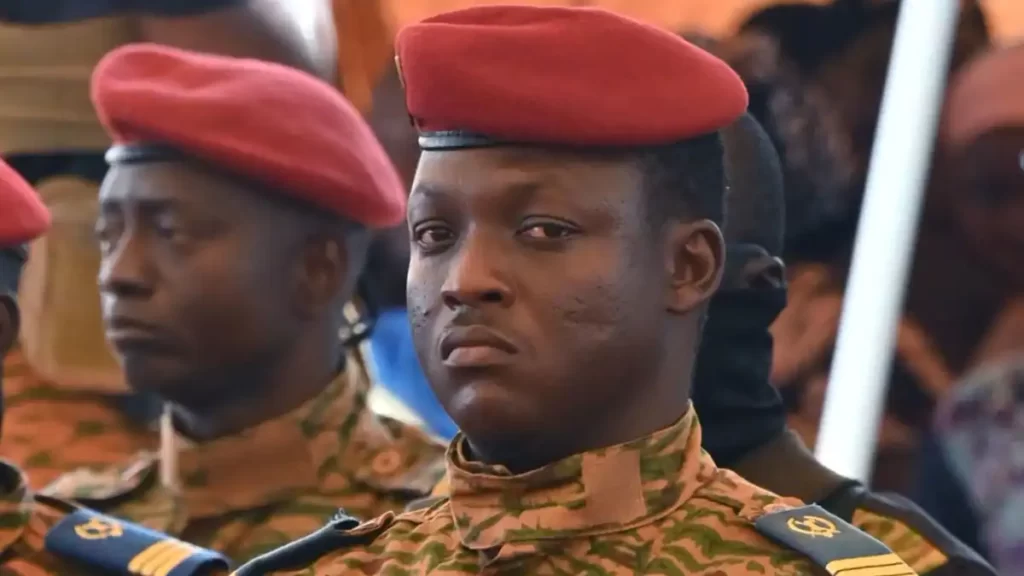ADDIS ABABA, Ethiopia – African leaders convening in Ethiopia this weekend are set to launch a renewed push for slavery and colonial reparations, though they are likely to face opposition from former colonial powers, most of which have firmly ruled out taking responsibility for historical injustices, Reuters reported on Thursday.
While the global movement for reparations has gained traction, it has also sparked significant opposition. US President Donald Trump has dismissed the prospect, stating he “doesn’t see it happening,” while many European leaders have opposed even discussing the matter.
At the African Union (AU) summit in Addis Ababa, leaders aim to establish a “unified vision” for reparations, encompassing financial compensation, formal acknowledgment of past atrocities, and policy reforms, Reuters mentioned.
“Reparations is the hot topic in Addis Ababa,” the AU’s Economic, Social, and Cultural Council (ECOSOCC) wrote on X.
Between the 15th and 19th centuries, at least 12.5 million Africans were abducted, forcibly transported by European merchants, and sold into slavery.
According to ECOSOCC, the reparations debate must also address the enduring consequences of colonialism and slavery, including systemic racism and the economic disparity between Africa and wealthier Western nations.
“It is increasingly becoming impossible to not acknowledge the damage caused by slavery and colonialism,” stressed Zimbabwean lawyer and reparations expert Alfred Mavedzenge.
Reuters explained that Africa’s debt crisis can be traced back to the heavy financial burdens imposed on newly independent nations, while the continent’s vulnerability to climate change is also linked to colonial exploitation.
While much of the reparations debate—particularly in former colonial powers such as Britain and Portugal—has focused on financial compensation, advocates stress that reparation for historical injustices must take multiple forms.
“Reparations are more than just compensation,” pointed out ECOSOCC’s head of secretariat, William Carew. “It is about… ensuring future generations inherit a world that acknowledges their past and propels them towards a brighter future.”
In a statement, the AU outlined that reparations could include land restitution in countries where indigenous populations were dispossessed, as well as the return of cultural artifacts.
The AU also emphasized the need to reform policies that maintain inequality and called on international bodies, such as the United Nations, to hold former colonial powers accountable.
“This might involve diplomatic pressure or legal actions at international courts,” the AU stated.
In 2023, the AU partnered with the Caribbean Community (CARICOM) to push for reparations. CARICOM has already laid out its own reparations plan, which includes demands for technology transfers and investments to address health crises and illiteracy.
Reuters recalled that three decades after the AU’s predecessor, the Organisation of African Unity, issued a declaration demanding reparations, little progress has been made.
Jose Maria Neves, president of Cape Verde, said the rise of right-wing populism and its influence on mainstream politics has made serious discussions on reparations increasingly difficult.
In Portugal—the nation responsible for enslaving the largest number of Africans—the far-right party Chega attempted to charge the president with treason for suggesting reparations might be necessary.
In Britain, right-wing populist Nigel Farage considered that Prime Minister Keir Starmer would be “weak” if he engaged in talks on the issue. In France, where the far-right continues to gain ground, President Emmanuel Macron has categorically ruled out reparations, advocating instead for “reconciliation”.
“My greatest concern is that there will just be a conversation at this (AU) summit but the resolutions will not be implemented,” Mavedzenge indicated.

